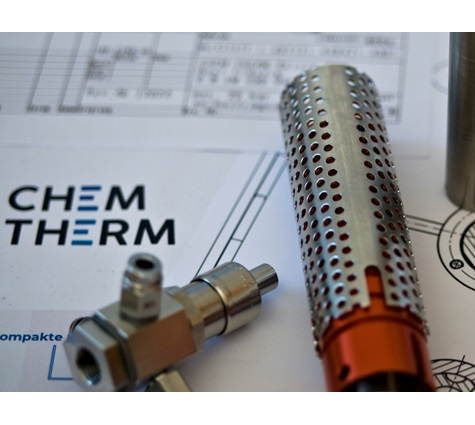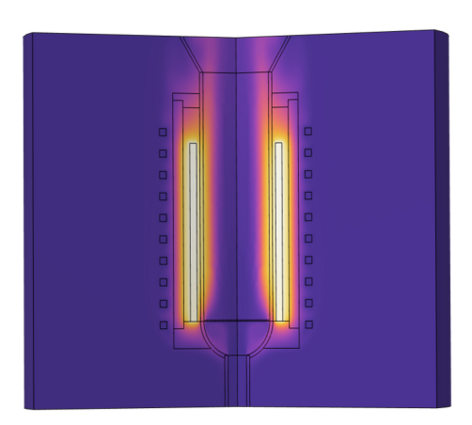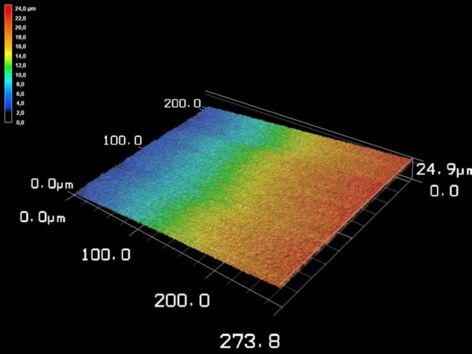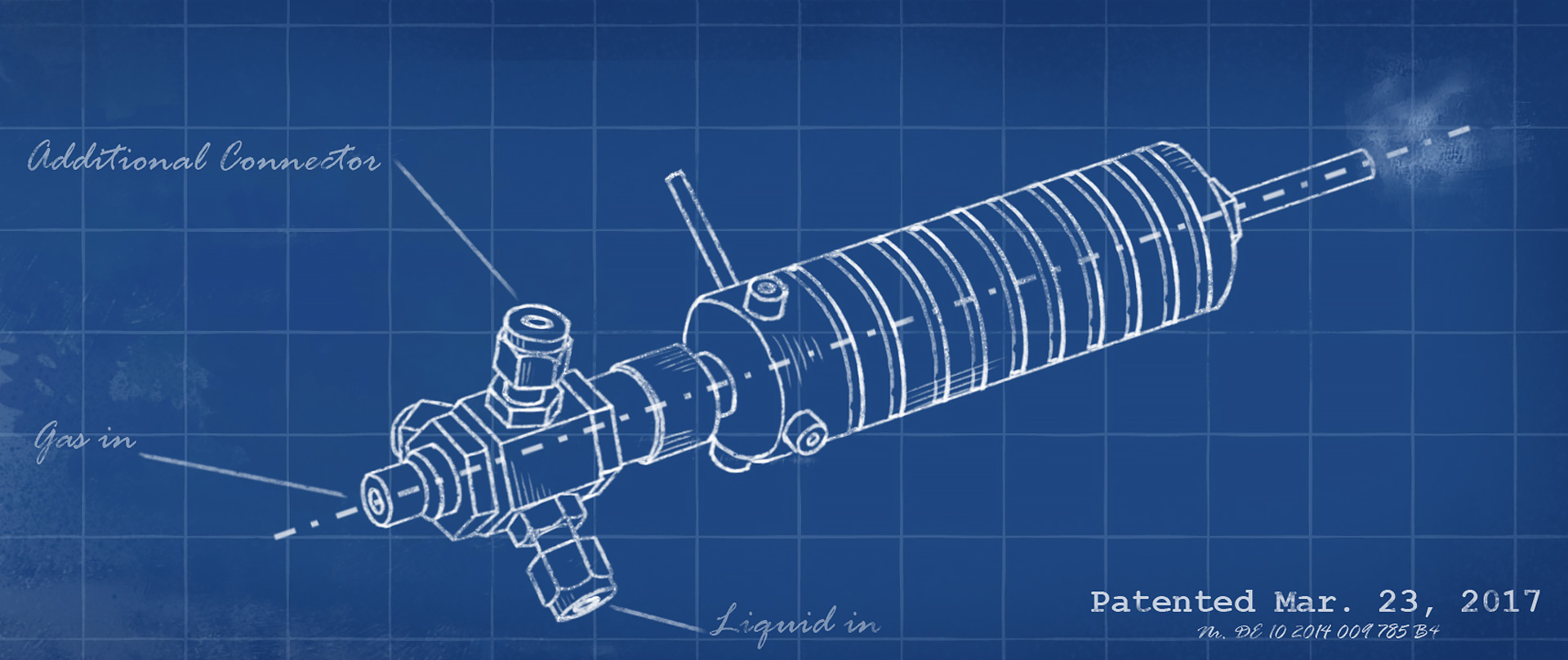Regulation and control units
Control box of the vaporizer

- Evaporator control (external analog or digital)
- Autonomous mode of operation with specification by PCS or manual operation
- Visualization and manual operation via optional touch display on the front of the device
- Start/stop/alarm switch and LED status lights on the device
- PWM-controlled heating for evaporator (max. 1.5 kW)
- PWM-controlled heating for accompaniment/feed (max. 1 kW)
- Analog input / output (0 - 10 V)
- Digital input / output (potential-free)
Control box pump

- HPLC pump with drive unit min. 0.01 max. 10 ml/min
- Pump head design stainless steel 1.4401
- Inline vacuum degasser to prevent air entrainment
- Auxiliary pump for rinsing and non-contact filling of the HPLC pump
- Pressure monitoring with safety valve
- Flow measurement or flow monitoring
News
by Christian Walter

PhD from Christian Walter
Successfully passed exam
Last week the time had finally come: after several years of work, Christian Walter was able to convince the professors in charge of his dissertation with his doctoral presentation and subsequent examination.
by Zishan Mahmood

Year in review 2024
A year full of growth and innovation
With 2024 behind us, we look forward to the new calendar year of 2025 with great anticipation. 2024 has been an eventful and challenging year for us as a young company, demanding but also rewarding.
by Zishan Mahmood

Master's thesis in cooperation with ChemTherm
Modeling and simulation of inductive heating of fixed-bed reactors
In cooperation with the Institute of Chemical Process Engineering and other industrial partners, we are delighted to welcome Tim Irlweck to our company.
by Raschid Abdel Aal

Cooperation with LightPulse LASER PRECISION
LightPulse uses ultrashort pulse lasers to work surfaces on a nanoscale. A wide variety of structures can be processed with this precise tool. The properties of the surface can be changed in a targeted manner. For example, laser-generated structures can be used to make a steel surface water-repellent (hydrophobic).

